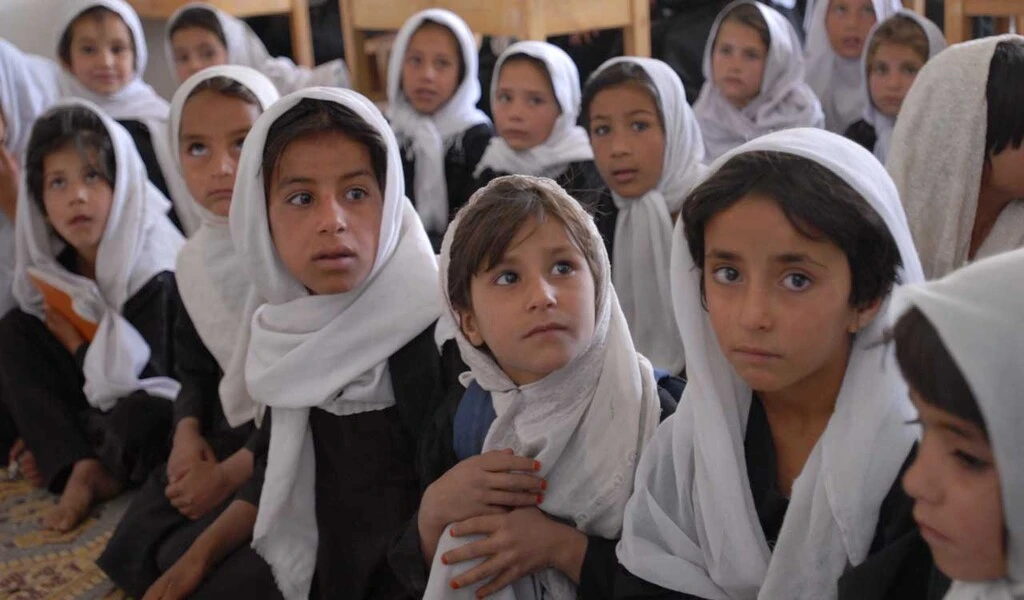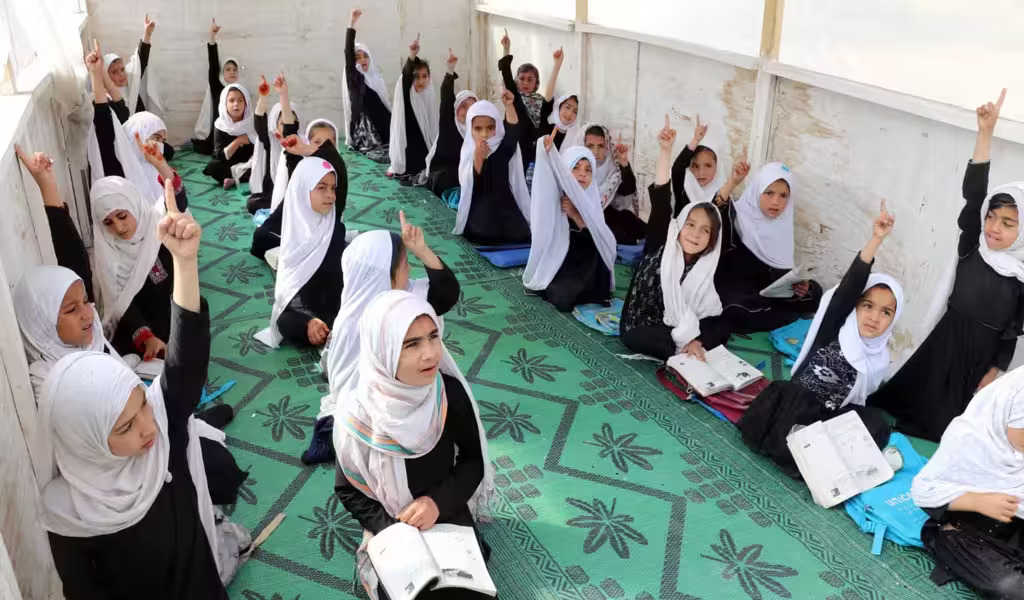(CTN News) – Many Taliban officials are believed to be open to reconsidering the ban on girls’ education in Afghanistan, as indicated by the country’s former education minister preceding the takeover.
Under Taliban rule, Afghanistan stands alone as the only nation where girls are prohibited from attending school beyond the age of 11, with the group enforcing a policy often termed as “gender apartheid,” restricting women from numerous workplaces and public spaces.
Rangina Hamidi, who recently visited the country, suggests that internal divisions within the Taliban regarding girls’ education could be exploited by the international community to advocate for the reopening of schools for girls.
She emphasizes that the Taliban is not a homogeneous entity and that there are differing opinions within the group, particularly regarding the ban on girls’ education.
Afghan Activist Calls for Global Engagement with Taliban Amidst Divided Reactions
Despite the challenges posed by the governance, Hamidi urges the global community to engage with the group, considering the impact on the lives of nearly 40 million Afghans, half of whom are women and girls.
She questions why, despite past political talks, the international community now hesitates to collaborate with the Taliban.
Hamidi proposes endorsing locally-driven solutions from Afghans who are finding innovative ways to work around Taliban restrictions.
One such solution is to utilize existing spaces where girls are allowed, such as religious schools (madrassas), as an alternative avenue for education.
She advocates for a broader interpretation of madrassas, historically spaces for learning, and suggests utilizing mosques, which are widespread in the country, as educational spaces with standardized curricula.
Her views, expressed at a feminist gathering organized by the UN Girls’ Education Initiative in Istanbul, received a mixed reaction.
While some Afghan female participants supported exploring alternative education avenues, others criticized any normalization of relations with the Taliban, given their continued infringement on women’s basic rights.
The importance of understanding the experiences of Afghan women before endorsing such approaches is emphasized to prevent a potential setback in women’s rights globally.







